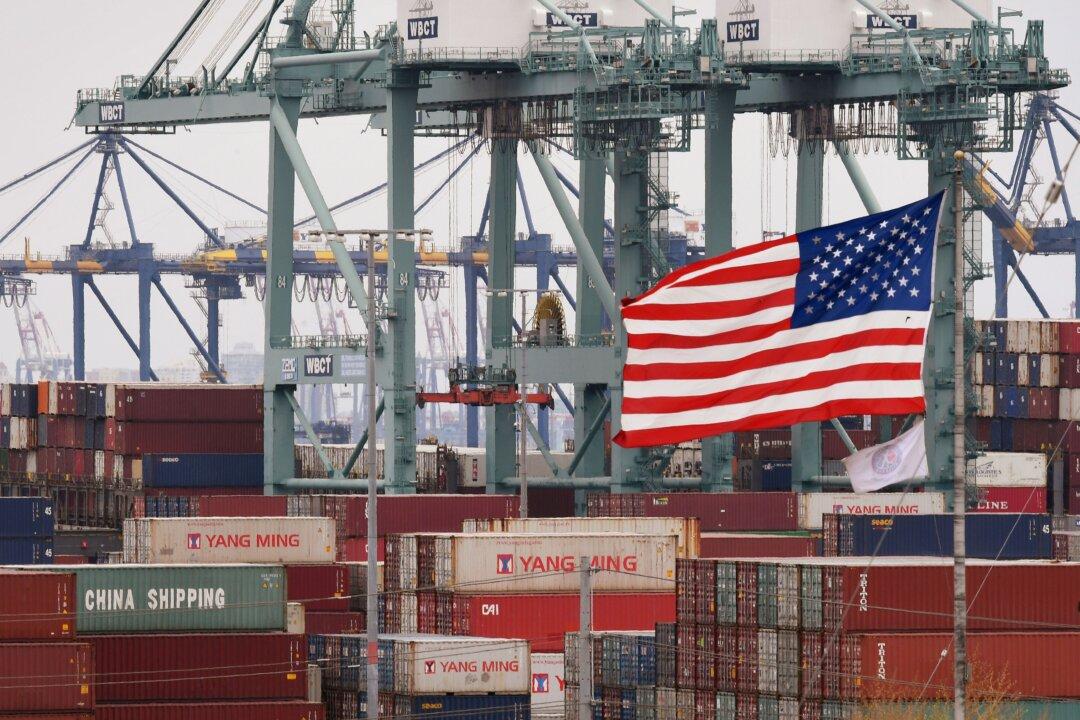News Analysis
Chinese factories are stealing intellectual property much faster after the signing of the Phase One trade deal with the United States, as the decoupling with U.S. supply chains is accelerating.

Chinese factories are stealing intellectual property much faster after the signing of the Phase One trade deal with the United States, as the decoupling with U.S. supply chains is accelerating.